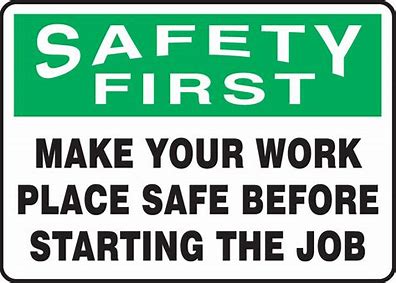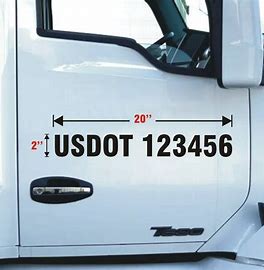
Introduction:
The landscape of marijuana regulations in the United States is rapidly evolving, and recent changes at the federal level have significant implications for the trucking industry. As the legalization and decriminalization of marijuana spread across states, federal regulations are adapting to these shifts. Here’s what truckers need to know about the latest federal changes and how they impact their profession.
Understanding the Regulatory Changes
The Federal Motor Carrier Safety Administration (FMCSA) has announced updates to its drug testing policies in response to changes in marijuana laws. These updates are crucial for truckers to understand, given the strict regulations governing drug use in the transportation industry.
Key Changes to Marijuana Regulations
- THC Testing Thresholds: The FMCSA has adjusted the thresholds for tetrahydrocannabinol (THC), the psychoactive component of marijuana, in drug testing. Previously, any detectable level of THC could lead to disqualification. The new regulations introduce a slightly higher threshold, recognizing that trace amounts of THC can linger in the body longer than previously understood.
- Use of Medical Marijuana: Despite the growing acceptance of medical marijuana at the state level, the FMCSA maintains a zero-tolerance policy for marijuana use by truckers. Truck drivers are still prohibited from using marijuana, even if prescribed for medical reasons, due to its classification as a Schedule I substance under federal law.
- Hemp-Derived Products: With the legalization of hemp, which contains minimal THC, there has been confusion regarding hemp-derived products like CBD oil. The FMCSA advises caution, as some products may contain higher levels of THC than advertised, potentially leading to positive drug tests.
Implications for Truckers
Truck drivers need to be acutely aware of these regulatory changes and their implications:
- Pre-Employment Testing: Truckers must still pass a pre-employment drug test that includes THC screening. Understanding the new thresholds can help drivers make informed decisions about using products that could affect their test results.
- Random Testing: Random drug tests remain a standard practice. Drivers should continue to avoid any marijuana products to ensure compliance, as even state-legal marijuana use can result in disqualification.
- Post-Accident Testing: In the event of an accident, drivers will be subject to drug testing. A positive test can lead to severe consequences, including suspension or termination of employment.
Employer Responsibilities
Trucking companies must also adapt to these changes:
- Policy Updates: Employers should update their drug testing policies to reflect the new federal thresholds and ensure all employees are aware of the implications.
- Training and Education: Providing training and educational resources to drivers about the risks of marijuana use and the specifics of the new regulations is crucial for maintaining compliance.
- Support Systems: Establishing support systems for drivers, including access to substance abuse professionals and rehabilitation programs, can help manage the impact of these regulatory changes.
Conclusion
The evolving federal marijuana regulations present both challenges and opportunities for the trucking industry. Truckers must stay informed about these changes to navigate the complexities of compliance effectively. By understanding the new thresholds, avoiding marijuana products, and staying vigilant about testing requirements, truckers can ensure they remain in good standing within their profession.
Sources:
- Federal Motor Carrier Safety Administration (FMCSA) – FMCSA Website
- Department of Transportation (DOT) – DOT Drug and Alcohol Testing
- American Trucking Associations (ATA) – ATA News and Information
- National Institute on Drug Abuse (NIDA) – NIDA on Marijuana
By staying informed and proactive, truckers can navigate the changing regulatory environment while ensuring safety and compliance on the road.







